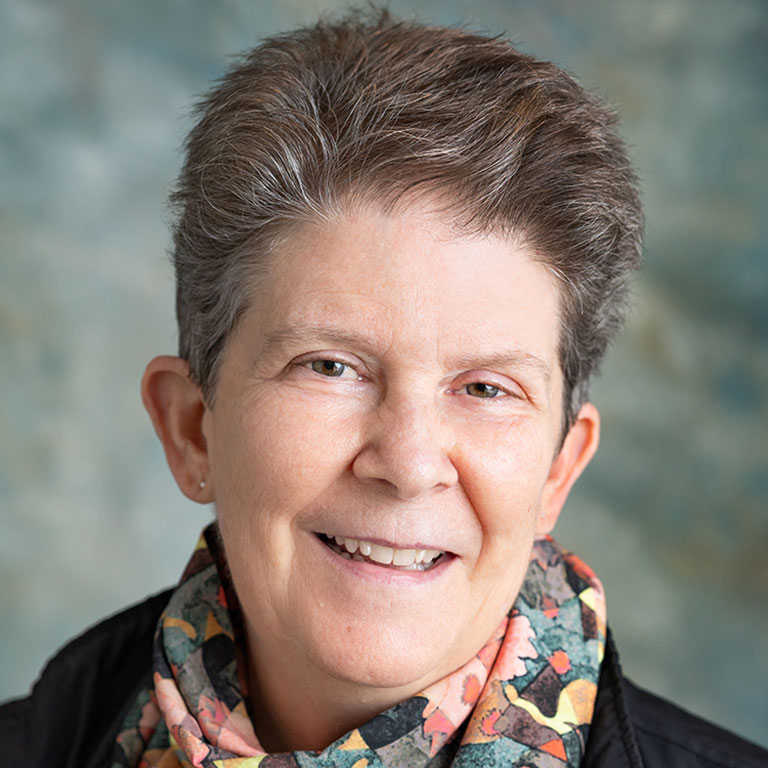Professor Elizabeth Boling has received a Fulbright U.S. Scholar Program award for a project to create and fund cultural tourism projects in Guatemala.
The project, done with the Department of Design and Innovation at the University of the Valley of Guatemala, will include women in several villages near Lake Atitlan. It is a co-design project, a form of design in which people who are going to use a product or program are fully involved in creating it. This approach is not the norm for many educational designers, so Boling’s project will help her offer a model for this type of design to the field.
“The Fulbright program is defined as cultural exchange and ambassadorship; therefore, every project needs to benefit the host country as well as the scholar. My research project focuses on two outcomes - culturally appropriate methods for indigenous communities to develop tourism locally in a way that is sustainable and equitable for the whole community, and new insight into how we teach instructional designers so that they are prepared to engage in co-design respectfully and responsibly,” Boling explained.


